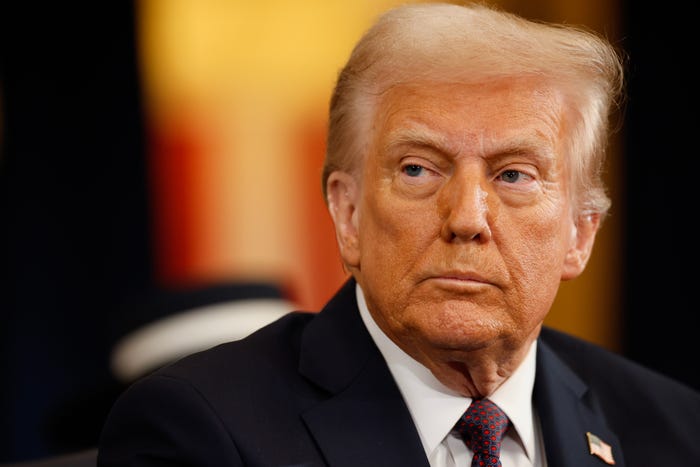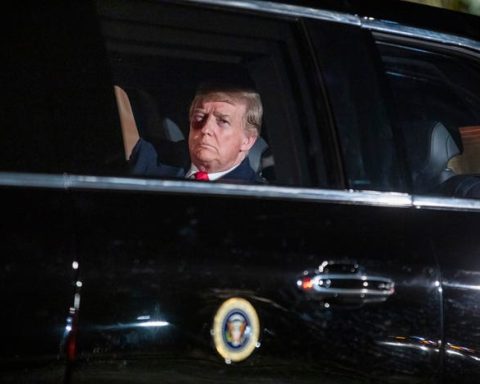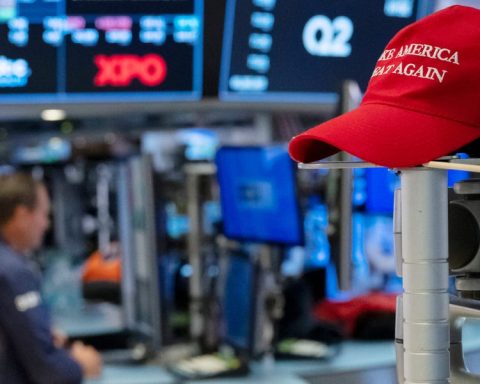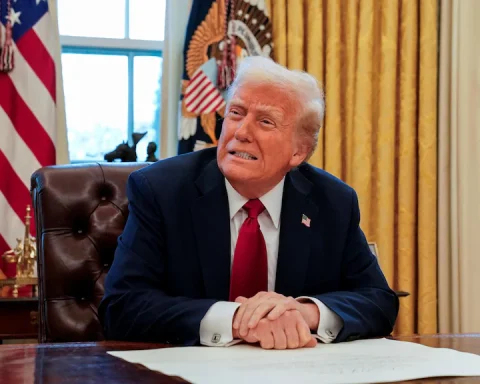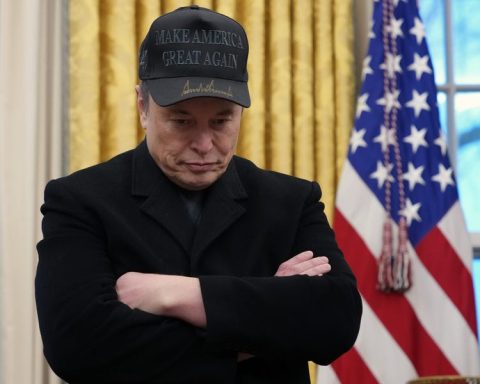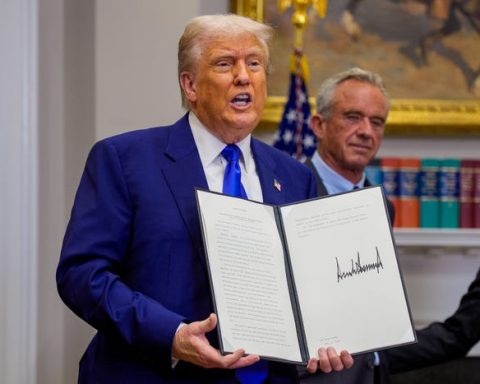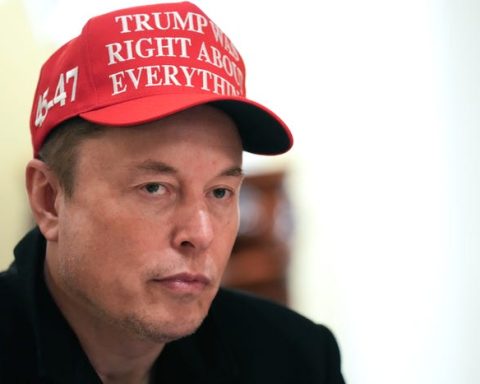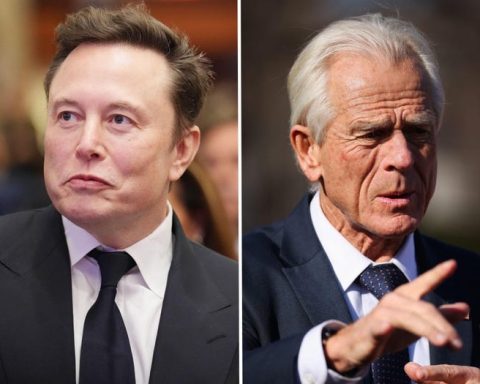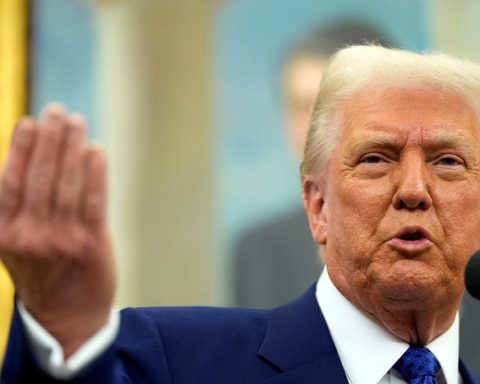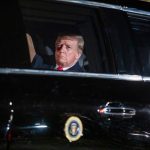President Donald Trump
On Friday, President Donald Trump escalated his attacks on large law firms, delivering a directive to Attorney General Pam Bondi to identify those firms associated with “frivolous” lawsuits against his administration. This initiative could lead to potential executive actions, including the revocation of their security clearances. Recently, the Trump administration has employed a similar strategy to target law firms linked to his political adversaries and those who took part in investigations against him. Since February 25, Trump has ordered the withdrawal of security clearances for employees at notable firms like Paul Weiss, Perkins Coie, and Covington & Burling, as well as a review of their government contracts, which serve as a significant revenue source for these firms.
On Thursday, Trump had announced plans to retract his executive order against Paul Weiss after the firm assured him that it “will not adopt, use, or pursue any DEI policies” and committed to providing $40 million in pro bono legal services. However, Business Insider previously reported discrepancies in the agreement’s wording compared to Trump’s announcement. On Friday, Trump signed a new executive order that nullified his earlier directive from March 14, 2025.
Legal professionals and scholars have condemned the administration’s maneuvers against the legal industry. A Skadden associate, Rachel Cohen, publicly resigned on Thursday, expressing that the legal field was failing to resist Trump’s actions. “Trump pushes the limits of everything: the legal boundaries, picking fights with massive law firms… He seems to be winning — or at least applying pressure on the legal industry,” noted Neama Rahmani, a former federal prosecutor and current trial attorney.
Requests for comment from the White House and the attorney general’s office were not immediately answered.
Directive Overview
A lengthy memo addressed to Bondi on Friday, titled “Preventing Abuses of the Legal System and the Federal Court,” emphasizes the necessity for accountability among lawyers and law firms engaged in actions that contravene U.S. laws or attorney conduct norms. It stresses that such misconduct, especially when jeopardizing national security or the integrity of elections, cannot be overlooked.
Among cited examples is Marc Elias, founder of Elias Law Group LLP, who was accused of fabricating a false “dossier” to facilitate a federal investigation against a presidential candidate in 2016. The memo further highlights numerous instances of unethical conduct in immigration cases, where attorneys allegedly encourage clients to misrepresent their situations to evade legal scrutiny and security measures.
The memo explicitly references Federal Rule of Civil Procedure 11, which forbids attorneys from pursuing frivolous claims and mandates factual and legal foundation for their assertions. Violations can lead to sanctions, underscoring lawyers’ duty to uphold the integrity of the legal system.
The directive calls for the Attorney General to pursue sanctions against attorneys engaged in frivolous litigation against the federal government and reaffirms the importance of enforcing regulations that govern attorney conduct.
The Attorney General is instructed to investigate past conduct of attorneys who may have engaged in baseless litigation against the federal government and to recommend disciplinary measures, including security clearance evaluations and contract terminations, based on the findings.
Ultimately, law firms and individual lawyers carry a significant responsibility to uphold justice and the rule of law. Reports on improvements and compliance by these firms will be periodically delivered to the President by the Attorney General and the Counsel to the President.
